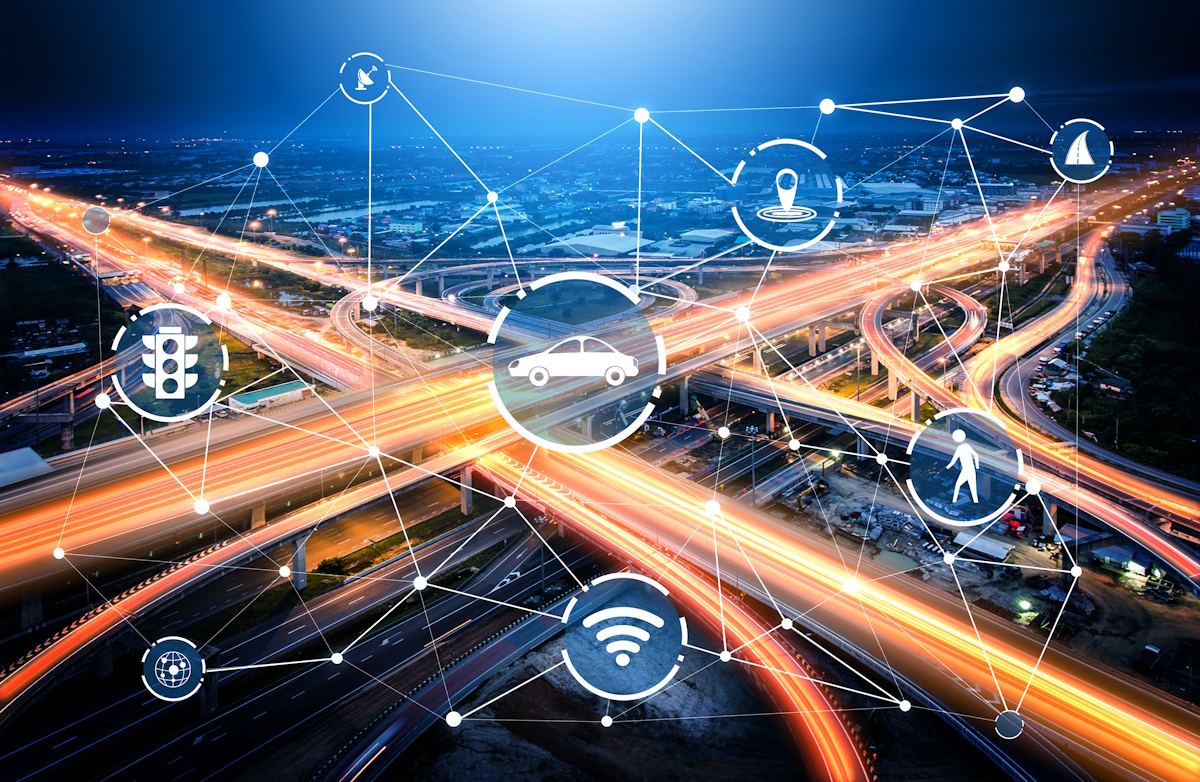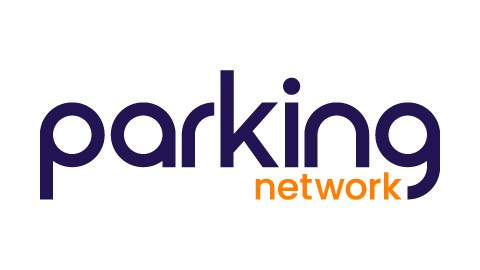
As cities grow and technology continues to reshape industries at a rapid pace, the parking and mobility sector is undergoing a significant transformation. While trends like cashless payments, electric vehicle (EV) charging, and solar infrastructure have already started to mature, the future of this industry looks far beyond these innovations. The next generation of trends will focus on smarter infrastructure, connected urban ecosystems, and a seamless blend of data-driven services. Below are some of the emerging trends that will shape the parking and mobility landscape in the coming years.
1. Dynamic and Adaptive Parking Systems
The days of fixed parking rates and static infrastructure are coming to an end. In the future, dynamic and adaptive parking systems will be driven by real-time data and predictive algorithms. These systems will not only optimize space utilization but also adjust pricing based on demand, time of day, and even environmental factors. With cities adopting smart parking sensors and AI-powered analytics, parking spaces will adapt in real-time to user behavior, ensuring more efficient management and a smoother parking experience.
For instance, during peak hours, parking spots near high-traffic zones might have fluctuating rates, encouraging drivers to park in less congested areas, reducing overall congestion. As part of the smart city ecosystem, these systems could also integrate with navigation apps to guide drivers to the most efficient parking spots available, ultimately cutting down search times and emissions.
2. Autonomous Valet Parking (AVP)
While self-driving cars are an exciting development, autonomous valet parking (AVP) is poised to be one of the first mass-market implementations of autonomous technology. AVP systems will allow vehicles to drop off their passengers at a destination and then proceed to find parking themselves, without human intervention. Upon request, the vehicle will return to the pickup point, making parking as seamless as possible.
This trend will significantly reduce the need for vast surface parking lots near high-demand areas, as vehicles will be able to park in more remote locations. AVP can also lead to denser parking configurations, as these systems don't require the same space as traditional human-driven vehicles. Automated garages and multi-level structures will become more common, and urban design could shift as a result.
3. Mobility-as-a-Service (MaaS) Integration with Parking
Mobility-as-a-Service (MaaS) platforms, which offer integrated transportation services, are gaining popularity, and parking is set to become a core component of these systems. In the near future, MaaS apps will go beyond coordinating ride-hailing, bike-sharing, or public transit and include parking options directly within the platform.
Imagine a single app that not only helps you plan your journey but also books your parking in advance. These integrated systems will make travel more efficient by streamlining all aspects of urban mobility. As parking becomes just one component of the broader mobility ecosystem, it will evolve into a seamless extension of a user’s daily commute, rather than a standalone service.
4. AI-Powered Predictive Parking Analytics
The future of parking lies in predictive analytics that go beyond real-time data. AI will play a crucial role in forecasting parking demand by analyzing patterns such as seasonal trends, local events, weather conditions, and more. Cities and parking operators will utilize AI-powered systems to forecast parking availability in specific areas at specific times, allowing for better allocation of resources and more informed decision-making.
These systems could also enable smarter urban planning by providing data to optimize new parking infrastructure and adjust city layouts to better accommodate growing populations. By predicting how and when drivers will need parking, cities can proactively manage parking flow, improving traffic congestion, emissions, and overall quality of life.
5. Curbside Management and Flexible Use
With the rise of on-demand services like Uber, Lyft, and delivery services such as Amazon, curbside space has become prime real estate. In the future, flexible curbside management systems will allocate space dynamically, switching between parking, loading zones, and rideshare drop-offs based on real-time demand.
These systems will rely on IoT sensors, cameras, and AI to monitor curbside activity and adjust the use of space accordingly. For example, during rush hours, the curbside might prioritize passenger drop-off zones for ridesharing services. During other times, the same space might be used for parking or deliveries. This flexible approach to curbside management will optimize urban mobility and alleviate congestion in high-traffic areas.
6. Hyper-Personalization of Parking Services
With advancements in data analytics, parking services will become hyper-personalized to each driver’s habits and preferences. Imagine an app that knows your parking preferences—whether you prefer a covered spot, proximity to exits, or access to EV charging stations—and reserves a space accordingly. These systems will learn from users’ past behaviors and automatically offer tailored solutions.
Additionally, loyalty programs, targeted promotions, and personalized notifications based on your location and habits will become more common. These custom experiences will create greater customer satisfaction and improve retention for parking operators.
7. Micro-Mobility Parking Integration
Micro-mobility options like scooters, e-bikes, and electric mopeds are now part of the urban transportation mix. The challenge has been integrating these new modes of transport into existing parking and mobility infrastructure. In the future, parking facilities will be reimagined to support multi-modal transportation hubs, where cars, scooters, bikes, and other micro-mobility devices coexist.
This will not only reduce congestion but also offer commuters a greater variety of choices for the last mile of their journey. Parking lots and garages may evolve into complete mobility hubs, where users can switch seamlessly from one mode of transportation to another.
8. Blockchain for Parking Payments and Data Security
Blockchain technology could emerge as a key player in enhancing transparency, security, and efficiency in parking transactions. In the future, blockchain could be used to streamline payment systems by offering decentralized, tamper-proof transaction ledgers. This would eliminate the need for traditional payment processors, reducing costs and improving trust between users and parking operators.
Additionally, blockchain could play a role in managing parking permits, validating access to restricted parking zones, and ensuring data security. As privacy concerns grow, decentralized systems will offer a safer way to store and manage personal data, which will be increasingly important as mobility ecosystems expand.
Conclusion
The future of parking and mobility is not just about accommodating more vehicles or building larger garages. It's about creating smarter, more flexible systems that seamlessly integrate with the broader urban environment. The trends outlined above represent a shift towards more connected, efficient, and personalized parking experiences that reflect the evolving needs of cities and their inhabitants.
As urban mobility continues to change, the parking industry will need to embrace these new technologies and approaches, moving towards a future where parking is not just a necessity but a seamless, integrated component of the broader transportation ecosystem.
 About Parking Network
About Parking Network
Parking Network is the leading information source for parking. We connect professionals through our online and offline channels. On our online platform parking.net, we publish the latest news, product showcases, job openings, and tenders related to parking. On our platform, you can access the most complete industry and parking professionals directory. Offline, we host niche-specific networking events such as the Airport Parking Network Event.






